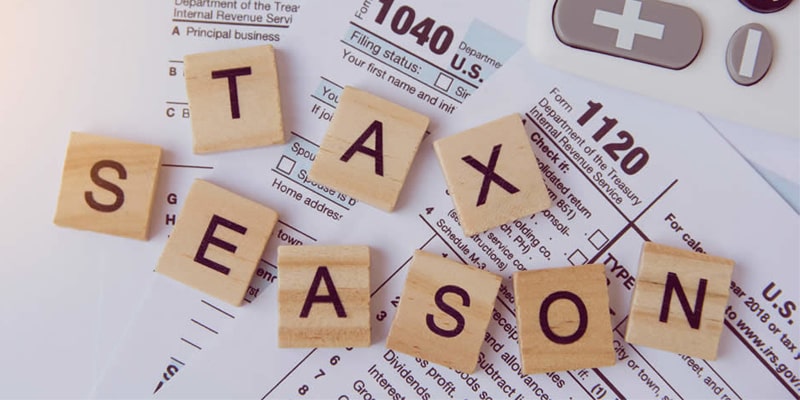Your taxes are due soon, and you don’t have enough cash to pay the full amount? Don’t panic! The Internal Revenue Service allows you to make payments on your taxes in order to prevent them from taking action against you such as issuing you a summons or filing a lien on your property. To learn more about the IRS payment plan and how it works, read on to discover more about this convenient and affordable option to pay off your back taxes with the IRS
What is a Payment Plan?
A payment plan is a monthly installment agreement between taxpayers and Internal Revenue Service (IRS) for unpaid tax liabilities. If a taxpayer cannot pay his or her full tax liability when it is due, he or she may request an installment agreement by filing Form 9465, Installment Agreement Request. The IRS charges a user fee for entering into an installment agreement; however, if you meet certain criteria as set forth in Publication 1735, Your Appeal Rights and How to Prepare a Protest If You Don’t Agree, you can avoid paying that fee if you are unable to pay your balance in full by April 15th. The IRS will generally consider making an exception under certain circumstances.
When Does IRS Form 2210 Need to be Filed?
Since one of IRS Form 2210’s main uses is for business taxpayers who have requested installment payments from their accounts, it may be tempting to only file it when your business owes money. That would be a big mistake. It turns out that if you file your return by its due date and request an installment payment plan or if you paid at least 90% of what you owed in your original return, then you don’t need to worry about Form 2210 until a quarter after year-end. If none of those statements are true, however, then filing IRS Form 2210 might become mandatory as soon as that quarter begins. Again, you can avoid these complications by hiring a tax professional like Platt Taxes – they’ll ensure IRS Form 2210 is filed on time. They will also help streamline other necessary filings so there are no surprises along the way!
What Happens if I Miss My IRS Payment?
If you miss your IRS payment, it will be reported as a failure-to-pay penalty on your tax return. The amount of interest and penalties that accrue on your taxes will vary depending on when you make your payment, so it’s important to plan ahead. A failure-to-pay penalty is 0.5% for each month or partial month that a payment is late; however, there’s no penalty for payments made by direct debit or for first time failures in a calendar year if you have an installment agreement in place before April 1st. Paying on time can also save you from paying an estimated quarterly payment, which is due June 15th, September 15th, January 15th and March 15th. Estimated quarterly payments are based off your prior year’s income tax liability and require at least 90% of that amount to be paid in order to avoid fines. You must also pay any additional tax owed at these times along with estimated quarterly taxes
For more information about how to avoid IRS penalties visit: www .irs .gov/payments .

What Happens if I Can't Pay?
If you know you won’t be able to pay your taxes, it’s important that you meet with a tax professional. Even if it’s not possible for you to make a full payment, you may qualify for IRS Form 9465 (Installment Agreement Request). There are two options: Pay in full within five months, or pay monthly installments over one year. Some people also qualify for monthly extensions of time to file as well as extensions of time to pay. Your tax professional can help determine if any of these options apply to your unique situation. It’s important to pay what you can—otherwise penalties and interest will accrue on all outstanding amounts, and federal tax liens could be filed against you. And remember, there is no penalty for paying late if you owe less than $100; however, interest does still accrue.





